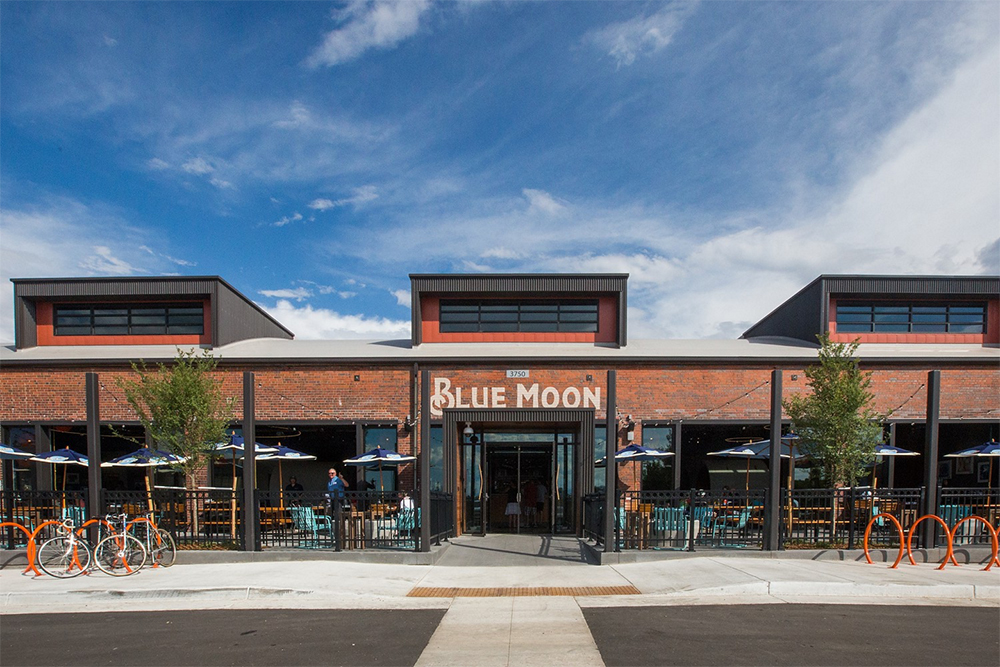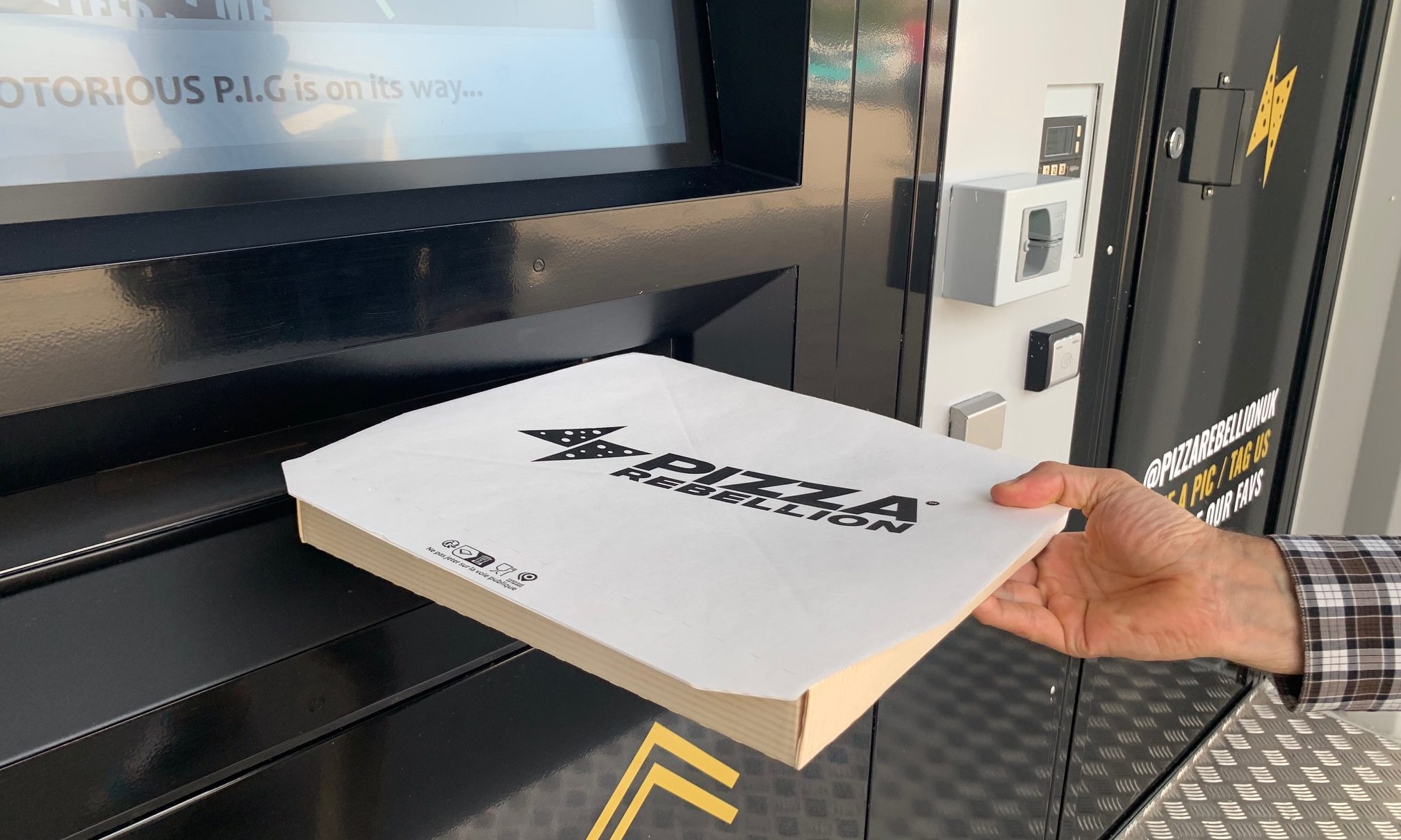Modern beer drinkers, having learned much about the importance of origin and provenance from buying habits in food, wine, coffee and more besides, are now applying that same canny scrutiny to beer.
It used to be simple: is the beer from a big brewery or not? Size, whether in terms of barrels sold, number of employees or number of brands produced, was for a long time a way of distinguishing small craft breweries from their all-powerful, industrialised bigger brothers.
Now, as craft beer both in the UK and the US sees ever larger businesses grow and maintain craft credentials, size has become a less useful descriptor. Instead, people now look to whether said breweries are independent, or if they are partly- or fully-owned by corporate masters looking to reap the benefits of craft beer with someone else’s reputation.
Blue Moon, Lagunitas IPA – and more locally to home, Camden Town Hells Lager – might all share space on the bar with beer from small local producers, but each of those brands is now owned by much larger brewing companies, who make their biggest profits from producing lowest-common-denominator beers.

Independence can also give a false impression
With the rise of ‘localism’, those who believe they are supporting a local brewery may be surprised to learn that the brewery is in fact owned by a global brewing company, and that all-important bond of trust between the producer and consumer in the food and drink sector can be put under strain.
However, ‘independence’ can also give a false impression. A small, independent brewery might have all the ethics of a local, artisan producer, but their beers may be vastly sub par when compared to similar examples from a corporate-owned brewery with better equipment, more experienced brewers and a more consistent, quality product.
So, how to make sense of it all? Many commentators find craft beer an irresistible subject of comparison with, for example, the music industry. Consider The Clash signing with CBS records in 1977, with barely thirty gigs under their belts and brimming with inner-city rhetoric. Whilst it was famously quoted as ‘the day Punk died’, it ultimately ensured that thousands of others would hear The Clash’s music, and see the band’s attitude, ideals and principles last the test of time in a way few of their contemporaries would later be able to boast.
In the end it isn’t about size,or money, or even independence

Instead of a discography of albums, imagine a range of beers. Instead of a band, imagine a handful of passionate men and women, committed to changing the beer industry for the better in some small way. If they ‘sell out’, the only true judge of whether their decision was right will be what happens next. All too often, principles are the first casualty.
In the end it isn’t about size, or money, or even independence. What truly shapes these breweries’ futures and the quality of their beer is something far less tangible, but ultimately something far longer-lasting and vital to their craft: integrity. Without it, the smallest, most skillful and independent brewery in the world is no better than any monolithic producer of flavourless lager.


